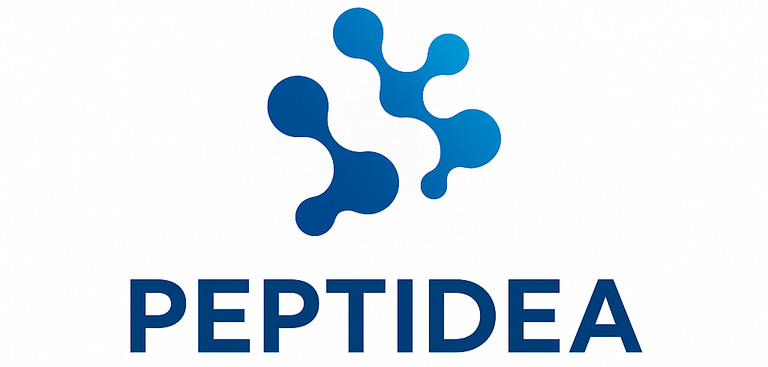
KPV
High-purity peptide for research purposes
$45.00
Out of stock
Potential Benefits of KPV
Anti-Inflammatory Effects:
KPV reduces inflammation by modulating key pathways, including inhibition of pro-inflammatory cytokines (e.g., TNF-α, IL-6, IL-1β) and suppression of NF-κB signaling.
Animal studies, particularly in models of colitis and dermatitis, show KPV decreases tissue inflammation and damage, often via melanocortin receptor (MC1R) activation.
It’s researched for conditions like inflammatory bowel disease (IBD), arthritis, and skin inflammation.
Gut Health and Epithelial Barrier Support:
KPV promotes gut mucosal healing and strengthens epithelial barriers. In rodent models of colitis, it reduces intestinal inflammation, improves tight junction integrity, and supports microbiome balance.
It may protect against gut permeability (leaky gut), making it a candidate for research into IBD, Crohn’s disease, and ulcerative colitis.
Skin Health and Wound Healing:
KPV’s anti-inflammatory and antimicrobial properties support skin repair. Studies in animal models show it reduces inflammation in dermatitis and accelerates wound closure.
It’s explored in research for skin conditions like psoriasis, eczema, and post-surgical recovery due to its ability to calm immune responses and promote tissue regeneration.
Antimicrobial Activity:
KPV exhibits antimicrobial effects against pathogens like Staphylococcus aureus and Candida albicans in preclinical studies. It disrupts microbial biofilms, enhancing its potential in infection-related research.
This makes it a candidate for studying wound infections or antibiotic-resistant bacteria.
Immune Modulation:
KPV regulates immune responses by balancing pro- and anti-inflammatory pathways. It may reduce excessive immune activation while supporting immune defense, as seen in studies of systemic inflammation.
Its melanocortin receptor activity suggests potential in autoimmune and inflammatory disease research.
Neuroprotection and Pain Reduction:
Preliminary research suggests KPV may reduce neuroinflammation, potentially protecting neurons in models of brain injury or neurodegenerative diseases.
Its anti-inflammatory effects may also contribute to pain reduction in inflammatory conditions, though human data is lacking.
Potential Anticancer Properties:
Early studies indicate KPV may inhibit tumor-associated inflammation, potentially slowing cancer progression in specific models (e.g., melanoma). However, this is highly preliminary and requires further research.
Trusted source for high-quality research peptides.
Support
info@peptidea.net
© 2025. All rights reserved.
Peptidea is a supplier of high-purity peptides, proteins, and amino acid derivatives intended solely for research and development purposes. Our products are not for human consumption. In research settings, peptides are often studied for their potential applications in areas such as weight management, anti-aging, and energy enhancement. All products are provided as lyophilized powders, requiring reconstitution with bacteriostatic water for research use. The statements on this website have not been evaluated by the US Food and Drug Administration, and our products are not intended to diagnose, treat, cure, or prevent any disease. Peptidea is a chemical supplier and is neither a compounding pharmacy nor a chemical compounding facility as defined under Section 503A of the Federal Food, Drug, and Cosmetic Act, nor an outsourcing facility as defined under Section 503B of the same Act.
